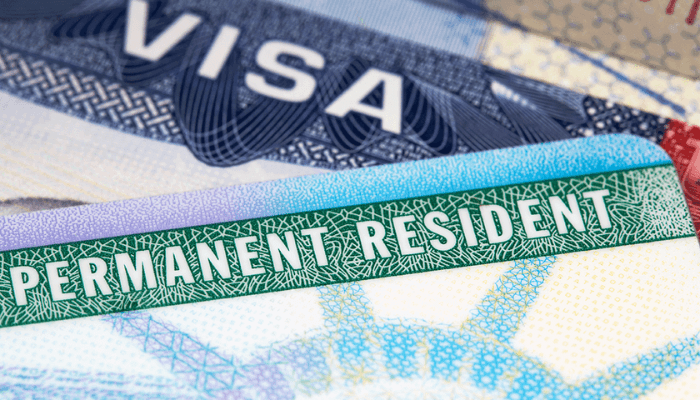At a Glance
- African founders use investor visas to launch scalable businesses and gain permanent residency.
- EB-5 and E-2 programs attract Africans with capital and job-creating business ideas.
- Student-to-green card transitions support African talent retention in U.S. tech and innovation sectors.
For ambitious Africans eyeing U.S. residency, business and innovation offer some of the most viable and impactful routes.
Through investor visas, startup pathways, and employment-based green cards, African entrepreneurs are leveraging business acumen to gain legal residency—and in many cases, build billion-dollar ventures.
The United States offers programs like the EB-5 Immigrant Investor Visa, which grants permanent residency to those who invest at least $870,000 in a U.S. enterprise that creates jobs.
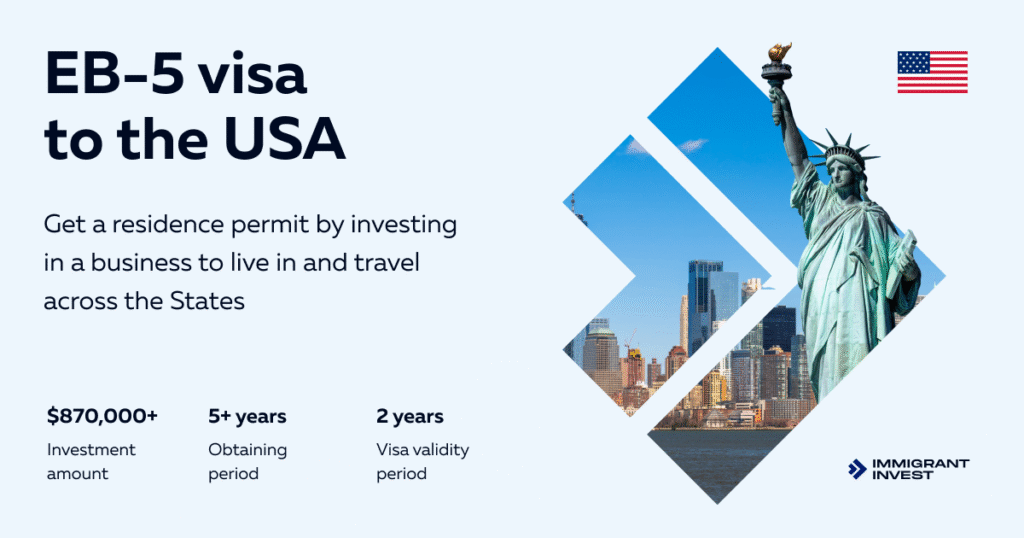
Similarly, the E-2 visa allows residency for citizens of treaty countries who make a substantial investment in a U.S. business. Entrepreneurs with exceptional talent can also qualify under EB-1A (extraordinary ability) or O-1 (individual with extraordinary achievement) visa categories.
Notable African-born founders exemplify this journey. Elon Musk (South Africa) became a naturalized citizen and built Tesla and SpaceX into global giants. Tope Awotona (Nigeria) grew Calendly into a $3 billion unicorn. Wemimo Abbey, Chinedu Echeruo, and Jessica O. Matthews have also scaled U.S.-based startups that solve real-world problems and attract major investment.
These success stories underscore how African entrepreneurs are not just migrating—they’re reshaping the American business landscape, proving that innovation and ambition can open doors to both opportunity and residency.
Here are the top 10 ways for Africans to get U.S. residency (Green Card), presented clearly and concisely:
1. Investment (EB-5 Immigrant Investor Program)
Brief details: Investors who invest $870,000–$1,050,000 in a U.S. business and create at least 10 jobs may qualify. Ideal for high-net-worth individuals.
2. Adoption-Based Immigration (for children)
Brief details: African children adopted by U.S. citizens can become eligible for U.S. residency under the Hague or orphan process, depending on the country.
3. Family Sponsorship
Brief details: Immediate relatives of U.S. citizens (spouses, children under 21, and parents) can be sponsored for permanent residency. Green Card holders (permanent residents) can also sponsor spouses and unmarried children.
4. Employment-Based Immigration
Brief details: Professionals with job offers from U.S. employers can apply under EB-2 or EB-3 visa categories. High-skilled workers (engineers, IT specialists, healthcare professionals) are in demand.
5. Diversity Visa Lottery (Green Card Lottery)
Brief details: A U.S. government program offering up to 55,000 visas annually to nationals of eligible countries, including most African nations. Applicants must have at least a high school education or two years of work experience in a qualifying occupation.
6. Extraordinary Ability (EB-1 Visa)
Brief details: For individuals with exceptional achievements in science, arts, education, business, or athletics. No job offer is needed, but applicants must prove international recognition and outstanding achievements.
7. Refugee or Asylum Status
Brief details: Granted to individuals facing persecution in their home country based on race, religion, nationality, political opinion, or social group. Applicants must apply within one year of entering the U.S. if seeking asylum.
8. Marriage to a U.S. Citizen
Brief details: Spouses of U.S. citizens can apply for permanent residency. The marriage must be legally valid and bona fide (not for immigration purposes).
9. Green Card Through the U.S. Military
Brief details: Africans who join the U.S. military (in limited cases through MAVNI or special programs) may become eligible for expedited naturalization. Applies more to legal residents already in the U.S.
10. Student to Green Card Pathway
Brief details: Africans studying in the U.S. (on F-1 visa) may transition to employment (OPT), then to an H-1B work visa, and eventually to a Green Card through employer sponsorship. A long-term but viable route.
Key figures and founders who exemplify one or more of these journeys:
1. Elon Musk (South Africa)
Net worth:$410.1 billion
Although a naturalized U.S. citizen, he is arguably the most famous African-born entrepreneur in the U.S., co-founding and leading groundbreaking companies like Tesla (electric vehicles) and SpaceX (aerospace).

2. Adebayo Ogunlesi (Nigeria)
Net worth: $2.2 billion
Chairman and Managing Partner of Global Infrastructure Partners (GIP), a leading infrastructure investment firm that has acquired major assets globally, including airports. Before GIP, he had a distinguished career in investment banking at Credit Suisse.
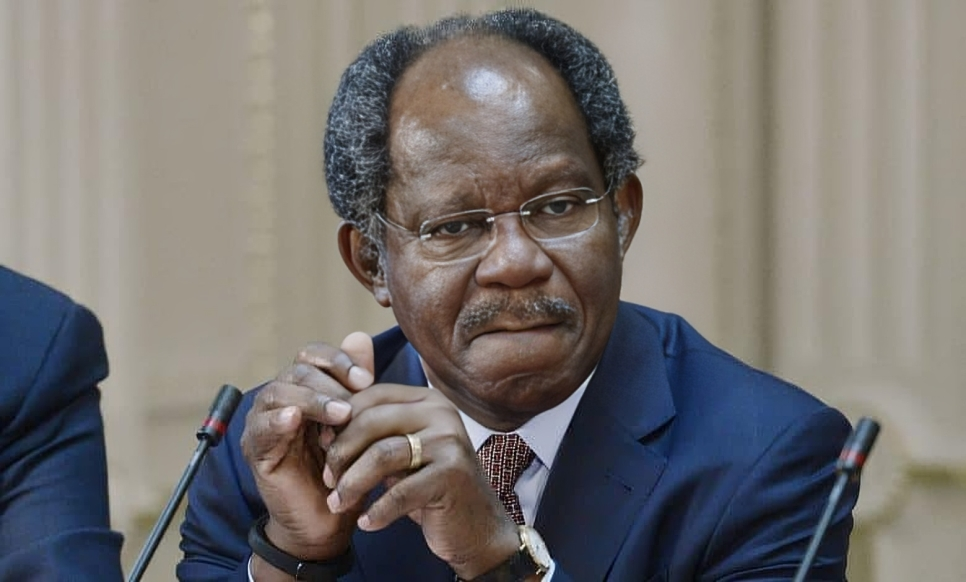
3. Tope Awotona (Nigeria)
Net worth: $1.4 billion
Founder and CEO of Calendly, a wildly successful scheduling software company valued at over $3 billion. He immigrated from Nigeria as a teenager and is a prominent figure in the U.S. tech scene.
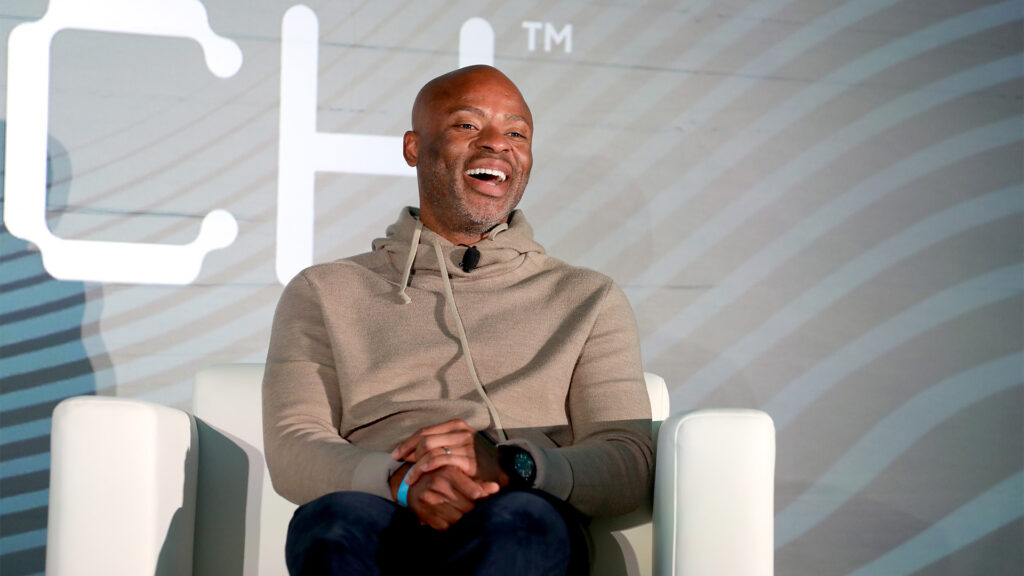
4. Wemimo Abbey (Nigeria)
Co-founder of Esusu Financial Inc., a fintech company focused on using rent payments to build credit for low to moderate-income households, addressing a critical financial inclusion gap. Esusu has achieved unicorn status (valued at over $1 billion).
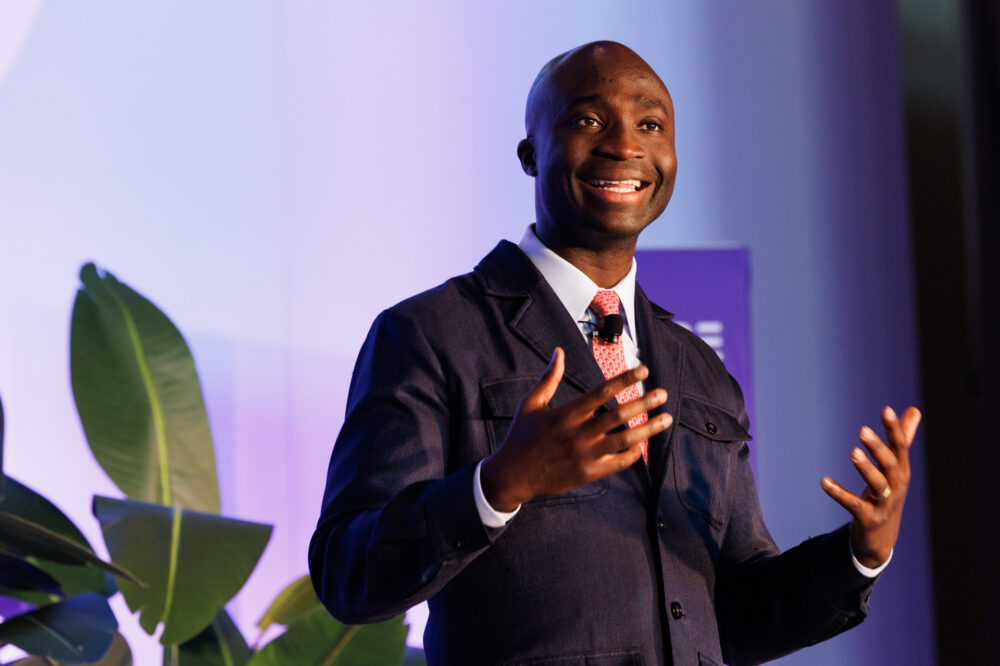
5. Chinedu Echeruo (Nigeria)
A serial entrepreneur known for founding HopStop, a pioneering city transit app that was acquired by Apple Inc. for $1 billion. His current venture is MindMeet.

6. Anie Akpe (Nigeria)
Founder of African Women in Technology (AWIT), an organization empowering African women in the tech industry through seminars and mentorship programs. She also has a background in banking.
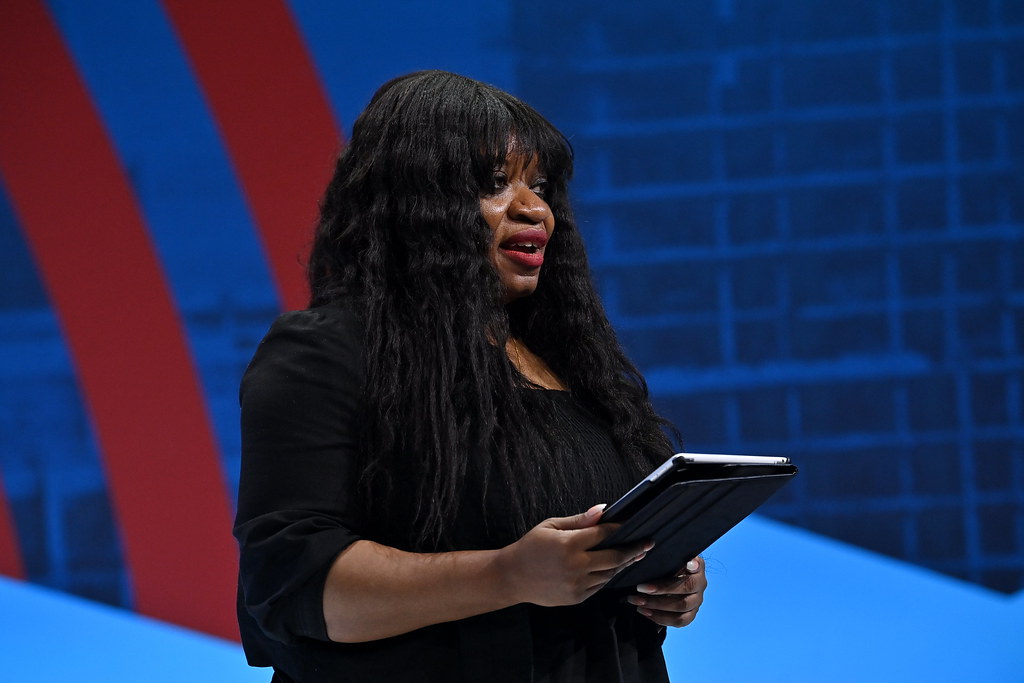
7. Kelechi Anyadiegwu (Nigeria)
Founder of Zuvaa, an e-commerce platform that showcases African-inspired clothing and connects customers globally with designers from the diaspora.

8. Jessica O. Matthews (Nigerian-American)
Founder and CEO of Uncharted Power, a company focused on smart city infrastructure development and renewable energy solutions. She is a recognized innovator in sustainable technology.

9. Ama Marfo (Ghana)
Co-founder and CEO of Airfordable, a company that allows users to book flights with a small upfront payment and pay the rest later, making air travel more accessible.

10. Oliver Kent-Braham and Alexander Kent-Braham (South Africa/UK)
Co-founders of Marshmallow, a digital-first insurance carrier based in the UK with a significant focus on making motor insurance accessible to underrepresented groups, including immigrants, and with strong ties to the U.S. market.


